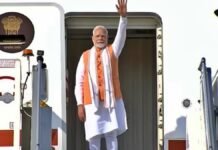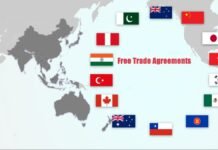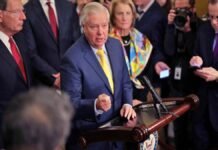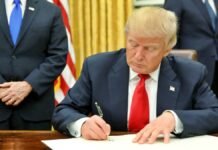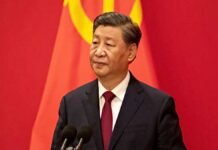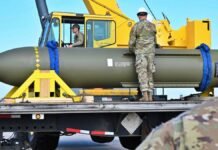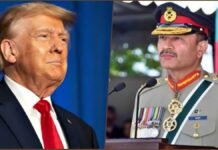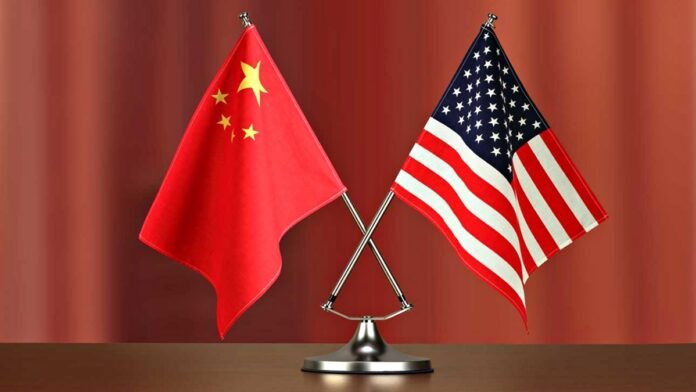
New Delhi: China has issued a stern warning to the US and its allies, saying that any attempt to form a NATO-like military alliance in the Asia-Pacific region would only lead to bloodshed and instability. China’s Foreign Minister Wang Yi said on Tuesday that Beijing rejects the uncontrolled expansion of military alliances and the encirclement of other countries’ security zones.
Wang was speaking at a news conference in Beijing, where he also declined to confirm whether Chinese President Xi Jinping would meet his US counterpart Joe Biden during a previously scheduled visit to the US in the coming days. There are speculations that the two leaders may hold talks in San Francisco between 14 and 16 November on the sidelines of the APEC Summit.
Wang said that China would like to resolve differences and disputes between countries through dialogue and consultation, without singling out or targeting any specific nation. He said that China respects the legitimate security interests of all countries, but opposes any actions that undermine regional peace and stability.
The US has been increasing its military presence and cooperation in the Indo-Pacific region, which it sees as a vital area for its strategic interests and values. The US has also been supporting the claims of China’s neighbors, such as Taiwan, Japan, Vietnam, and the Philippines, over the disputed waters and islands of the South China Sea, where China asserts its sovereignty.
The US has also been promoting the concept of a “free and open Indo-Pacific”, which involves strengthening ties with democratic allies and partners such as India, Australia, and New Zealand. The US, along with these three countries, forms a strategic grouping known as the Quad, which has been seen by some as a potential counterweight to China’s growing influence in the region.
China has repeatedly expressed its opposition and dissatisfaction with the US-led initiatives, accusing them of interfering in its internal affairs and undermining its legitimate rights and interests. China has also been expanding its own military capabilities and activities in the region, conducting frequent exercises and patrols near Taiwan and other disputed areas.
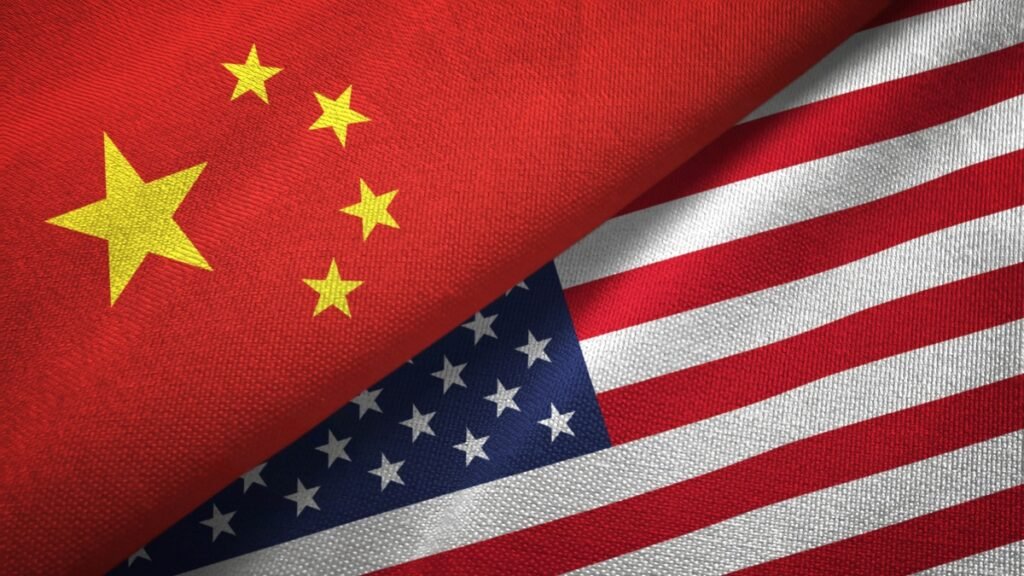
The tensions between the two superpowers have been escalating in recent years, amid trade disputes, human rights issues, cyberattacks, and the COVID-19 pandemic. The relations between the two countries have been described by some experts as being at their lowest point since the establishment of diplomatic ties in 1979.

